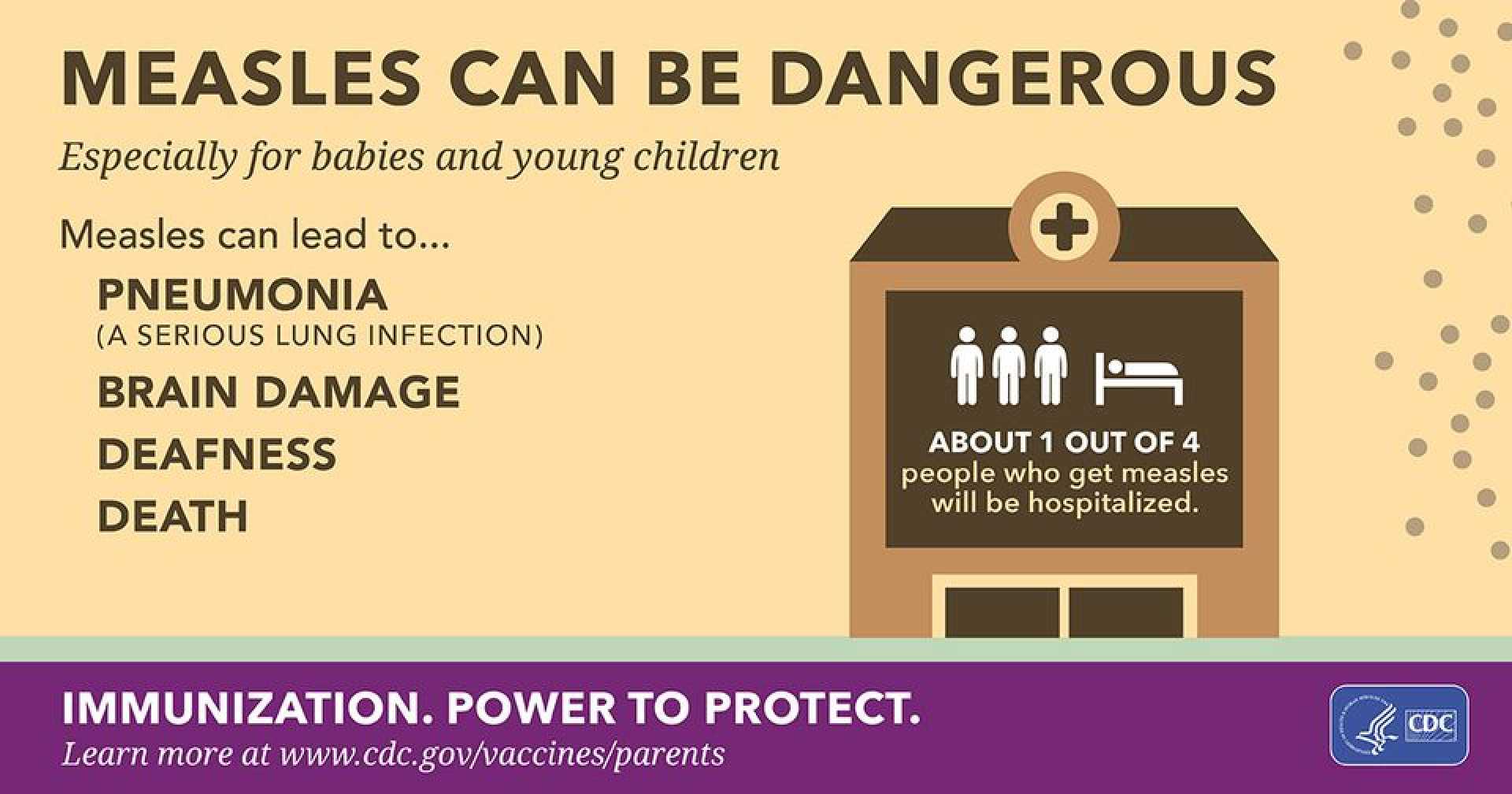Health
Measles Case Triggers Health Alert in Washington, D.C.

WASHINGTON, D.C. — Health officials confirmed Tuesday that an individual diagnosed with measles traveled to several locations in the nation’s capital while contagious. The person was aboard Amtrak Northeast Regional Train 175 Southbound on March 19 from 7:30 p.m. to 1:30 a.m., prompting authorities to issue warnings about potential exposure.
The potential exposure locations included the Amtrak Concourse in Union Station between 11 p.m. and 1:30 a.m. on the same night, as well as MedStar Urgent Care Adams Morgan on March 22 from 7 p.m. to 11 p.m. DC Health emphasized the importance of monitoring for symptoms among anyone who visited these locations during the specified times.
“If you have never received a measles-containing vaccine, you may be at risk of developing measles,” health officials stated in a press release. They urged anyone exposed to watch for symptoms until 21 days after their last contact and to isolate themselves if symptoms develop.
The recent measles case comes in the wake of alarming trends nationwide. In February, Texas health officials reported the first U.S. measles death in a decade, involving an unvaccinated child. According to the Centers for Disease Control and Prevention (CDC), there were 285 measles cases in the U.S. in 2024, with 89% of patients unvaccinated.
Dr. Glenn Wortmann, director of infectious diseases at MedStar Washington Hospital Center, highlighted the increasing incidence of measles. “It’s being spread in communities much more widely than we have seen in the past, and the way to stop that from happening is to keep your vaccination rates up,” he said.
Symptoms of measles include high fever, cough, runny nose, red and watery eyes, and a rash. These symptoms typically arise within one to two weeks after exposure to the virus. Health officials have also set guidelines for those who believe they may have contracted measles, advising individuals to call their healthcare provider before visiting to ensure protocols are in place to minimize the risk of spreading infection.
The individual who traveled to D.C. between March 19 and March 22 remains unidentified, and it is unclear whether they were vaccinated or had traveled internationally prior to their visit. Health authorities are actively monitoring the situation to prevent further spread.
As part of the public health alert, residents are encouraged to contact the health department to report suspected cases and obtain testing. Following these recommendations can help limit the spread of this highly contagious disease.












